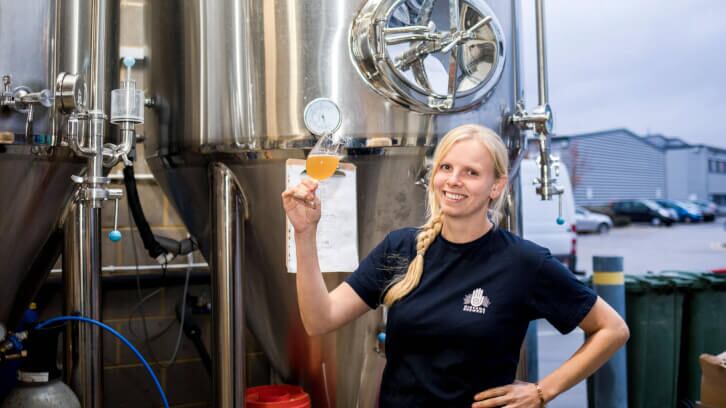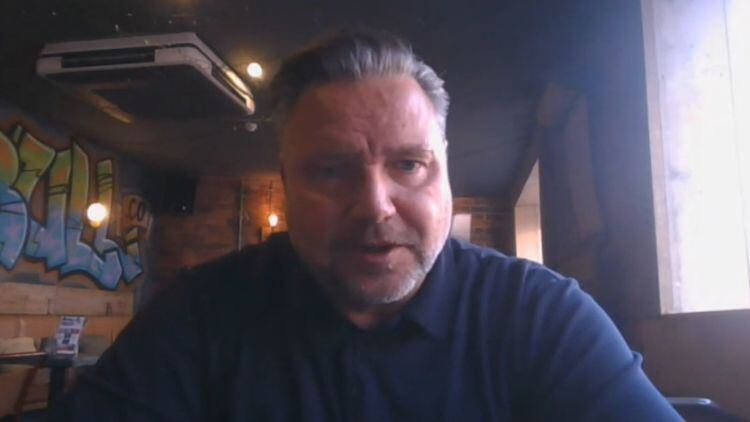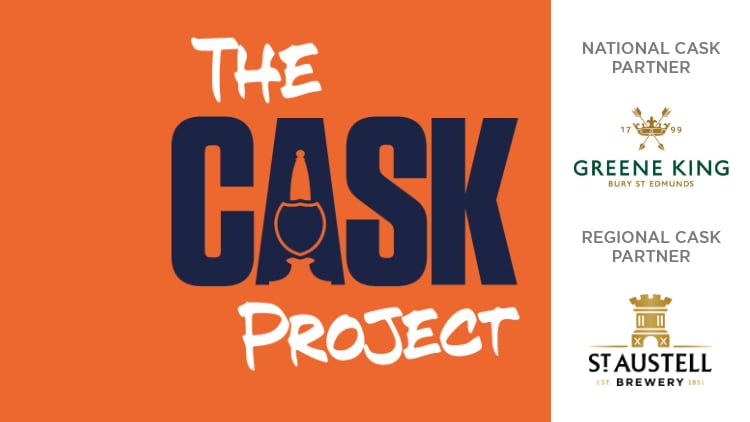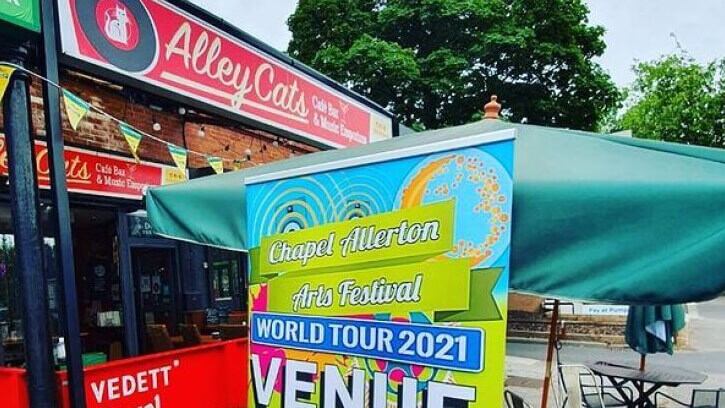Co-founder of low and no brewery Nirvana, Becky Keane, told The Morning Advertiser there was a “misconception” around consumers only opting for alcohol free serves because they are tee total, but that this is most definitely “not the case”.
She said: “The consumer demand for low and no is really maturing and becoming much more about a product of its own right that people will have alongside alcoholic serves or other products on tap.
“Having alcohol free beer on tap is a really big trend we're seeing and that demonstrates people are looking for this sort of thing more regularly and [that it’s becoming] more ingrained in the culture of everyday drinking, it's not just a one off.”
Though Keane added the trend of having alcohol free products on tap does not only extend to beer.
Part of people's lives
“You see it across all different types of low and no serves now and more and more venues are putting alcohol free products on tap, not just beers, but a variety of different things, like tonic waters, for example.
“Consumers are willing to pay a little more for good quality products like a great tasting alcohol free beer rather than spending a bit less but getting something that doesn’t offer them the same experience.
“We're seeing [the low and no market] becoming more a part of people's lives once they realise that products taste good and that they enjoy it; more people are turning to it on a regular basis”, she continued.
Keane advised operators to opt for products that don’t try and “create a fake sense of alcohol” containing artificial ingredients, but instead to choose brands that stand apart “in their own right” to showcase “crisp, fresh and clean” tasting ingredients.
"Being proud to shout about your good alcohol-free ranges is vital.”
“I've always found one of those things people first think about with alcohol free beer is ‘what's the point?’, we hear that so much, but when people try it and realise it tastes good, they realise what the point is.
“Why do consumers drink cola or other soft drinks, because they taste nice. You’re not just drinking alcohol to get drunk and you're not just drinking soft drinks for hydration, it’s not just functional, It's about enjoyment.
“[Low and no products] have come a long way since the days of it just being a product that's only there for people who cannot drink alcohol. It is an eye opener once people realise how good it tastes”, she added.
Offering the same high-quality in-venue experience as alcoholic products, Keane also explained, could help operators navigate current “challenging” economic headwinds as well as appeal to consumers feeling the pinch amid the cost-of-living crisis.
To do this, Keane urged pubs need to showcase low and no products “front and centre” with “pride” to demonstrate value and quality.
She said: “People don't always know what's there, and not everybody is going to ask what alcohol-free products you have got.
Big demand
“But if it's in front of them, if it's on the menu and it's highlighted, then you'll find that there is a big demand for it. Being proud to shout about your good alcohol-free ranges is vital.”
According to research from KAM Media, 1 in 3 visits to the pub are no longer alcohol-based and 55% of all UK adults are actively reducing their alcohol consumption.
Moreover, echoing Keane, Hari Fell, founder of NoLo Cocktails, last month told The Morning Advertiser it isn't just those who are sober that decide to stir away from alcohol during pub visits.
Citing designated drivers and pregnant women as two examples of those who still wish to socialise in the on-trade and make the most of "interesting, adult, alcohol-free drinks", Hari added pubs need to "adapt" to remain at the heart of communities.
She wrote: "Pubs have evolved over time to keep up with consumer demand. Whether that has meant serving food or installing an espresso machine to cater to our increased demands for coffee. What hasn’t changed is the fact that for many of us it is the centre of our community.
"According to Pub With NO Booze, 70% of non-alcoholic beer drinkers, also drink alcoholic beer. So beer-drinking patrons, who may stay for another round if they had the option of a zero proof version, also benefit by offering a non-alcoholic option, as will your takings."





